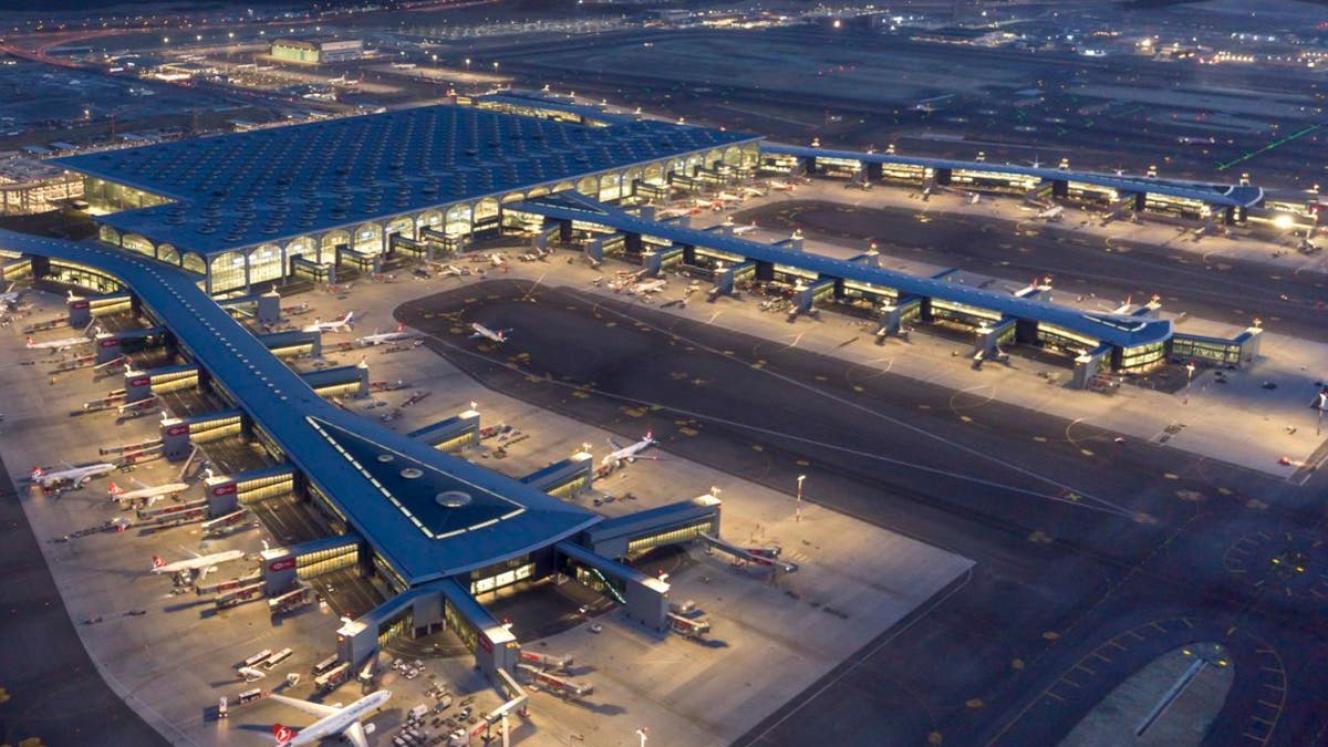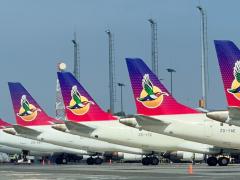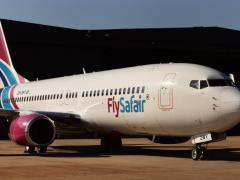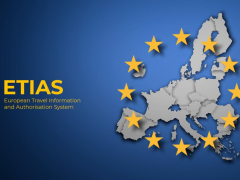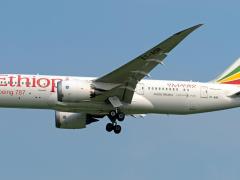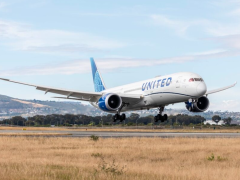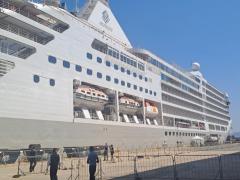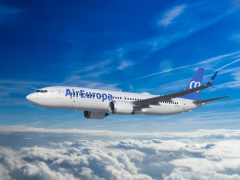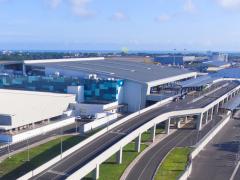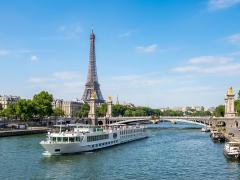Airlines have now been warned that Heathrow’s controversial passenger cap could continue until close to the end of October this year.
Heathrow imposed a limit of 100 000 departing passengers a day, saying it was necessary “to ensure a continued safe operation and to mitigate risk of uncontrolled demand increases leading to potentially dangerous levels of congestion”.
Airlines will not be happy about this extension to the cap period. They were originally told to cap passenger numbers and ordered to cancel a number of flights, up to September 11. The cost to airlines of doing that up to September 11 was calculated at US$550 million (R9,34 billion). With the extension, the costs will surely balloon.
But Heathrow’s management is now under pressure from the UK government to reveal the details of its solution to the ongoing travel chaos.
The UK’s Department for Transport and the Civil Aviation Authority have written a joint letter to Heathrow CEO, John Holland-Kaye, asking him to present a credible recovery strategy and asking him to explain why he believes that limiting the number of departing passengers each day to 100 000 provides a “safe and resilient airport with a positive passenger experience”.
UK newspaper The Telegraph reports that Holland-Kaye was given until noon last Friday, July 22, to reassure them that the airport had enough staff to conduct security checks and assist passengers with disabilities.
The blame continues to be tossed back and forth. Writing in The Telegraph, Heathrow Chairperson, Lord Paul Deighton, attacked airlines for failing to hire sufficient baggage handlers.
“For months we have been asking airlines to keep their ground-handling resource in balance with demand. We have seen a shocking increase in planes departing without bags,” he has told press.
He also blamed airlines for the COVID-era mass layoffs and cuts to the wages of baggage handlers.
“Ground handling is a highly competitive, labour-intensive, low-margin business, characterised by short-term contracts,” said Deighton. “Airlines have driven down costs over the years, and this was one of the first costs they slashed during the pandemic.”
Ryanair boss Michael O'Leary blames Brexit. He said British people did not want to be baggage handlers. His Irish company can much more easily tap into the EU labour market than UK airlines.
“The UK is going to have to find a way to open up the labour market between the UK and Europe to get people in here to do the jobs which, frankly, British people don’t want to do,” said O’Leary.
Philipp Joeinig, CEO of Menzies Aviation, which provides ground- and baggage-handling services to airlines, concurs with O’Leary. He wrote in The Times: “Brexit had a big negative impact, reducing the available pool of employees.”
But the airlines blame the airport. Iata DG, Willie Walsh, has even called for Holland-Kaye to be fired if the chaos continues into next year.
